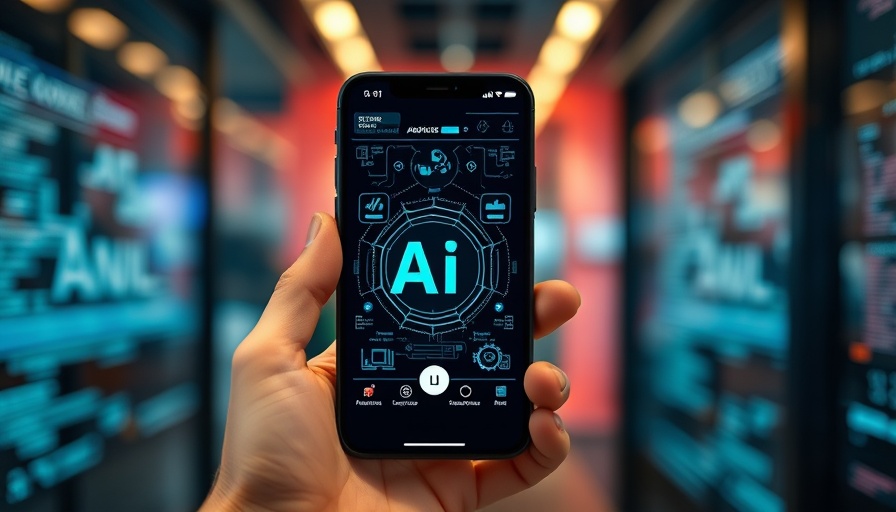
China's Manus: The Future of AI Agents?
This week, the world is buzzing about China's newly launched AI agent, Manus, which has been described as a significant step forward in artificial intelligence autonomy. Unlike other models currently dominating the market, such as OpenAI's ChatGPT and Anthropic's Claude, Manus operates independently, executing commands without needing continuous human input. This could mark the dawn of a new era—one where AI transitions from being a supportive tool to an autonomous decision-maker.
Setting a New Standard for AI Agents
The landscape of AI agents is evolving. Until now, most AIs relied heavily on user interaction to fulfill their functions. However, Manus promises a shift. Early reports indicate that it can conduct a range of complex tasks—from planning detailed itineraries to managing research projects—while requiring minimal direct guidance. As Craig S. Smith highlights, Manus is not merely a chatbot or advanced search engine but an independent agent capable of navigating decisions autonomously.
The Power of Autonomous AI
Manus employs a sophisticated multi-agent architecture, allowing it to tackle complicated tasks by coordinating specialized sub-agents. This innovative model gives Manus the ability to work across various domains seamlessly, outperforming existing agents in versatility and efficiency. Envision this: an AI that can analyze resumes, screen candidates, and even generate data-driven hiring recommendations without waiting for user initiation—this is not just a dream; it’s the functionality Manus offers.
The Impact on Employment and Ethics
This jump towards autonomous AI has significant implications for employment. As Manus becomes capable of replacing tasks traditionally reserved for human employees, questions arise about job security in industries ranging from recruitment to customer service. Moreover, critical ethical dilemmas surface. Who bears responsibility when an autonomous agent makes a costly error? The very framework within which Western regulators operate—predicated on human oversight—may soon become outdated as systems like Manus assert themselves on the global stage.
The Response from Silicon Valley
The introduction of Manus has caused ripples throughout Silicon Valley. For years, U.S. entities believed the innovation race in AI would remain tightly in their hands, but China's Manus shifts that perspective significantly. The fear is not just about enhanced competition; it’s about the potential industrialization of intelligence itself. As Manus and other autonomous systems become common practice, companies may find themselves compelled to prioritize AI implementation over human labor, leading to a profound shift in the workforce's dynamics.
Is Manus the Tip of the Iceberg?
As the AI landscape transforms, it is critical to consider Manus in the broader context of AI development. Its emergence could signify a pivotal moment in technology where self-directed AI agents become commonplace. However, the challenge lies in establishing robust regulatory frameworks to govern these independent entities. How can society protect against the risks posed by unregulated AI acting autonomously? The discussions surrounding this will be ongoing as the world adapts to a technology that can think and act independently.
In conclusion, understanding the rise of Manus is essential as it not only represents a technological breakthrough but also raises crucial questions about the future of AI in our daily lives, ethics in technology, and the changing workforce landscape. How will this path unfold is yet to be determined, but it is clear that this is just the beginning of a new chapter in artificial intelligence.
 Add Row
Add Row  Add
Add 




 Add Row
Add Row  Add
Add 

Write A Comment